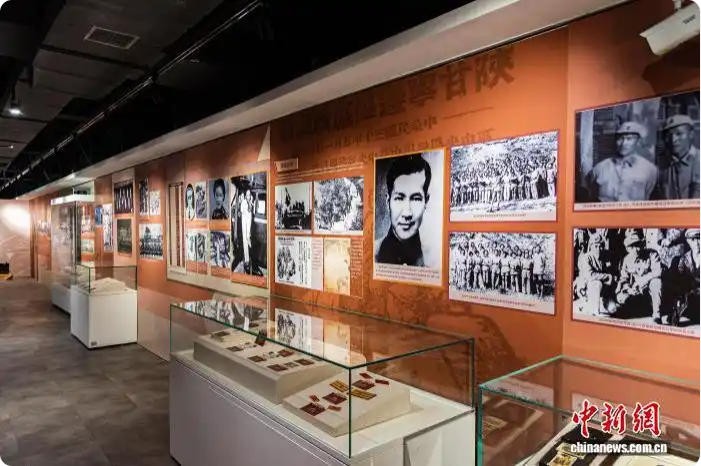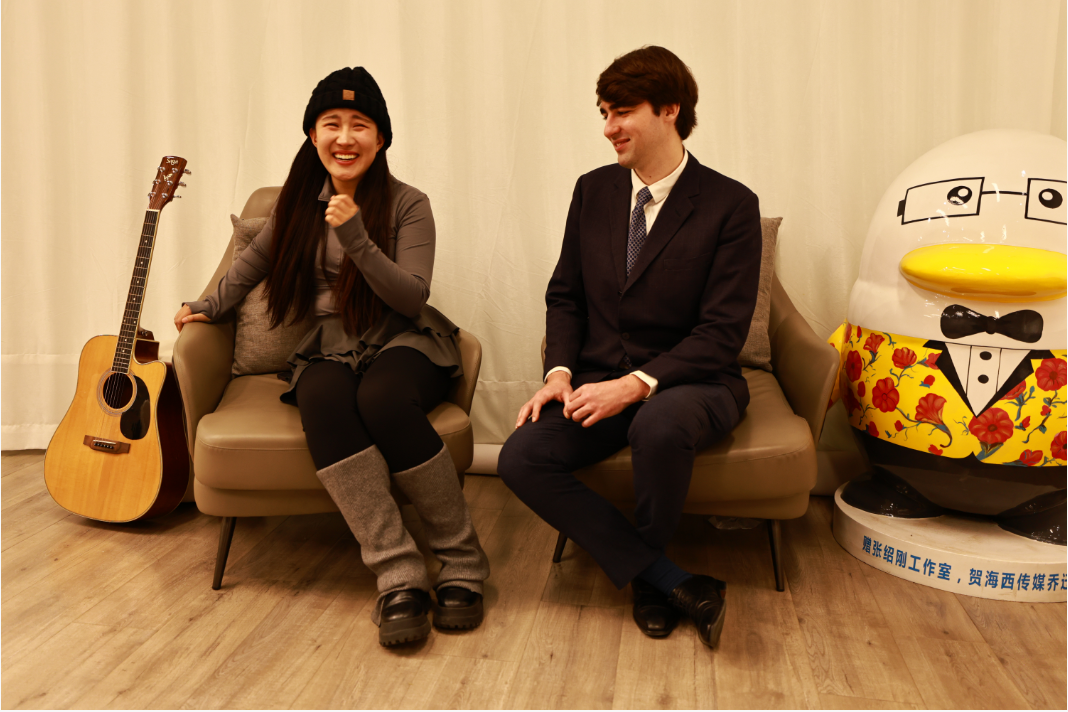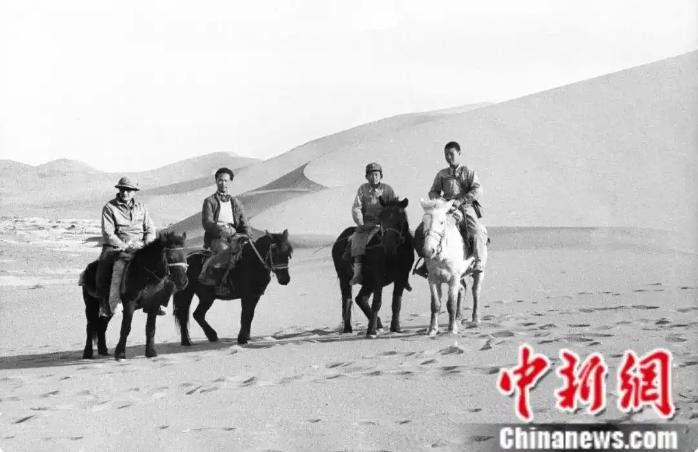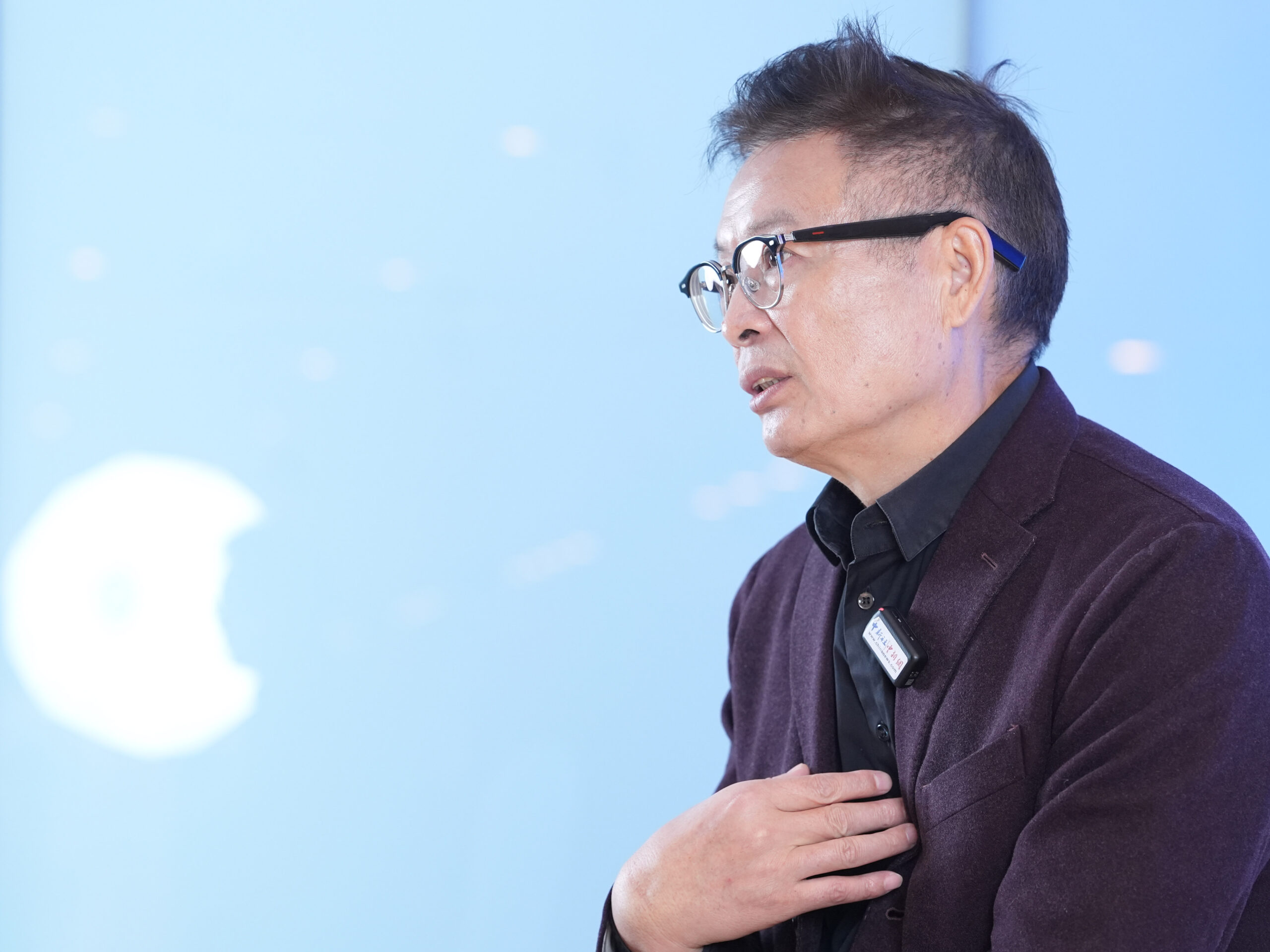As 2025 marks the 80th anniversary of the victory in the Chinese People’s War of Resistance Against Japanese Aggression and the World Anti-Fascist War – commonly known in the West as WW2 – East Meets West talked to Professor Li Minghuan of Xiamen University and President of International Society for the Studies of Chinese Overseas to explore the role overseas Chinese played in Europe.
How did overseas Chinese participate in the European Anti-Fascist War? In which areas did their main contributions lie?
Overseas Chinese participated in the European Anti-Fascist War by joining the front lines, engaging in clandestine struggles, and transporting strategic supplies.
In 1936, the Spanish Civil War erupted. Communist International called upon progressive individuals worldwide to support the Spanish people against Franco’s reactionary forces and the armed intervention of German and Italian fascist. In response, the International Brigades were formed, comprising progressives from over 50 nations. Among them were dozens of Chinese soldiers, most of whom were overseas Chinese residing in Europe and North America. They were scattered across different units, some braving the hail of bullets, others handling military supplies and battlefield medical care.
After the war reached France, over 400 Chinese nationals residing there joined the French people’s wartime service efforts, with some remaining behind even after the country falling to enemy occupation. Just like Zhou Ting, an overseas Chinese in France, who used his small leather workshop as a transit point to deliver intelligence for French anti-fascist organizations, risking under arrest and imprisonment.
Along the supply lines for strategic materials, tens of thousands of overseas Chinese sailors were engaged in transportation work on merchant ships and warships, they braved aerial bombardment and underwater attacks to cross the ocean to deliver supplies to the British army. When attacked, they would fight back and assist artillery operations. They were well deserved as participants in the European battlefield. Because maritime transport is extremely dangerous, the route they traveled was dubbed as the “death route”.
After the outbreak of the Pacific War, Chinese Americans and Chinese Canadians enlisted in the military and served alongside troops in Europe, also made outstanding contributions to the victory of the European Anti-Fascist War.
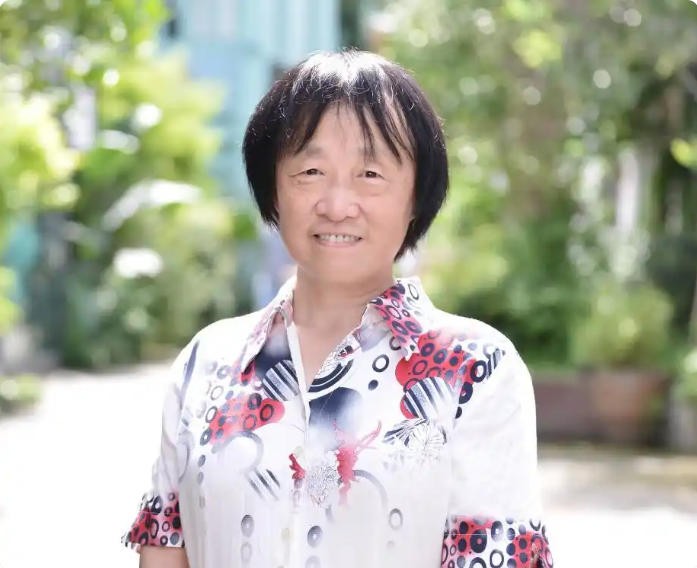
Beyond the battlefronts, how are did overseas Chinese in Europe aid the local populations suffering from the ravages of war?
Beyond participating in the war in various ways, overseas Chinese in Europe also carried out selfless humanitarian relief. Qian Xiuling, an overseas Chinese in Belgium, once endeavoured to rescue Belgian civilians captured by the German army. At that time, German army arrested over 90 young people in Écaussinnes as hostages in retaliation for the Belgian populace’s anti-fascist actions. They declared they would select 15 individuals for execution by drawing lots in each batch, to force members of the Belgian underground Resistance Movement to reveal themselves. When she learned about it, despite being pregnant, Qian Xiuling traveled to Brussels to engage in mediation. She repeatedly emphasized to General Alexander von Falkenhausen, the highest administrative commander of the German army stationed in Belgium and northern France at that time: “I cannot stand by and watch them die. Morality forbids it, and my conscience will not permit it.” In the end, these young people survived, and Qian Xiuling was hailed by the Belgian people as the “Angel of Peace”. In recognition of Qian Xiuling’s contributions to saving Belgian civilians during World War II, the Belgian government awarded her a medal after the war. The city of Écaussinnes also named a street in its city center as “Rue Madame Perlinghi-Tsien”.
China served as the primary Eastern battlefield in the global war against fascism. How can overseas Chinese in Europe support Chinese People’s War of Resistance Against Japanese Aggression from afar?
Overseas Chinese in Europe consistently supported the Chinese People’s War of Resistance Against Japanese Aggression with unwavering enthusiasm. Following the outbreak of the September 18th Incident, they took action soon to organize volunteer groups on resistance against Japanese aggression. Such as Overseas Chinese organizations in the United Kingdom issued a declaration under the name of the Federation of Overseas Chinese Associations in London, calling on the international community to condemn Japan’s acts of aggression. In Belgium, the Chinese Association for the Resistance Against Japanese Aggression in Belgium was quickly established and issued a telegram demanding that the government declare war on Japan. Chinese students studying in Belgium issued a proclamation in English, French, and German to inform the international community of the truth behind the September 18th Incident and expose the aggressive ambitions of Japanese imperialism. Overseas Chinese in France established the Paris Overseas Chinese Resistance Against Japanese Aggression Association in Europe, which adopted a number of resolutions against Japanese aggression. In September 1936, the Pan-European Chinese Overseas Resistance Against Japanese Aggression Association (abbreviated as “Pan-European Resistance Association”) was established in Paris. The resistance forces among overseas Chinese in Europe achieved unprecedented unity, and the resistance against Japanese aggression movement expanded both in depth and breadth.
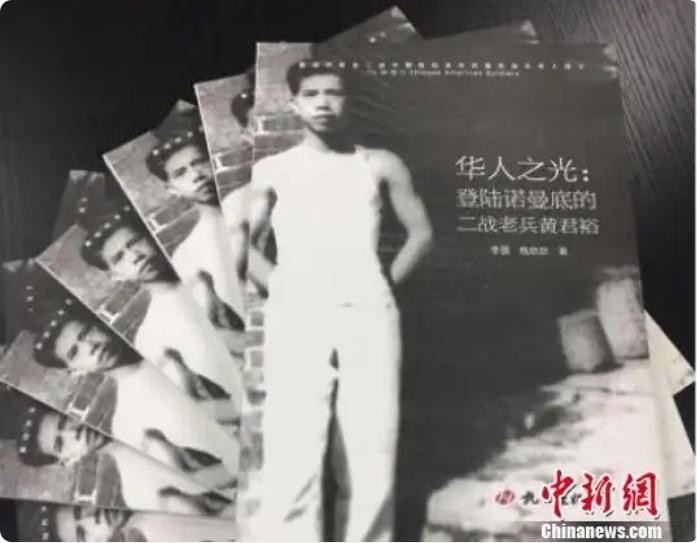
Overseas Chinese in Europe also promoted the resistance through publishing periodicals and organizing gatherings, striving to gain support from the international community. Such as Giu Guo Shi Bao(Au Secours de La Patrie) which was founded in Paris, served as a vital propaganda platform, disseminating the Chinese Communist Party’s stance on resisting Japanese aggression and providing timely coverage of China’s war efforts. Publications such as the Resistance Association Bulletin founded by Chinese overseas in Germany and the War of Resistance Bulletin founded by Chinese overseas in the Netherlands also collaborated in promoting the resisting Japanese aggression cause through publishing commentaries and reporting on the deeds of overseas Chinese in resisting Japanese aggression and saving the nation, inspiring the fighting spirit of overseas Chinese community. Also, the “Pan-European Resistance Association” published the French-language journal China and the World, enabling more French citizens to learn about the Chinese people’s War of Resistance Against Japanese Aggression. After the outbreak of the July 7th Incident (Lugou Bridge Incident), the “Pan-European Resistance Association” immediately issued an appeal to the peoples of the world, calling on the international community to provide assistance to China. In November 1937, during the Nine-Power Treaty Conference, the the “Pan-European Resistance Association” also organized a delegation to petition the participating nations to provide concrete assistance to China and impose sanctions on Japan.
Despite facing hardships in their own lives, overseas Chinese in Europe still gave generously to support the War of Resistance. Overseas Chinese in the Netherlands raised substantial funds, clothing, and medicine for the resistance against Japanese aggression through initiatives such as the “Double Tenth Offering” and the “Winter Clothing Campaign”; French overseas Chinese associations also actively organized fundraising campaigns. For instance, the General Association of Chinese Laborers Who Participated in the War in France organized donations many times, raising tens of thousands of francs. Moreover, overseas Chinese in Europe expressed their unwavering support for China’s resistance against Japanese aggression by refusing to purchase Japanese goods and declining to provide services to cargo ships transporting military supplies to Japan.
What were the living conditions like for overseas Chinese in Europe at that time? Why did they actively engage in the anti-fascist activities?
In the early 1930s, Europe was gripped by a severe economic crisis. Overseas Chinese living in Europe faced risks such as unemployment, deportation, poverty, and disease. After the outbreak of war, the situation for Chinese nationals in Europe deteriorated further. Some faced imprisonment and persecution for supporting or leading anti-fascist activities, while others had their property and family businesses seized by fascist forces. In Germany and Italy, some Chinese nationals were subjected to arbitrary arrest and detention, forced into hard labor. Those fortunate enough to escape with their lives still faced shortages of food and clothing, living in constant fear.
Overseas Chinese in Europe, like the European populace, felt the oppression of fascism acutely. Their participation in the anti-fascist struggle was an act of resistance chosen to defend their own survival and dignity. Not only that, but China, on the other side of the globe, was also suffering under the invaders’ artillery fire. Supporting China’s resistance against Japanese aggression was a natural act of heartfelt patriotism for overseas Chinese in Europe. At the critical moment of national peril, overseas Chinese joined the anti-fascist war in Europe, thereby indirectly supporting China’s resistance against Japanese aggression.
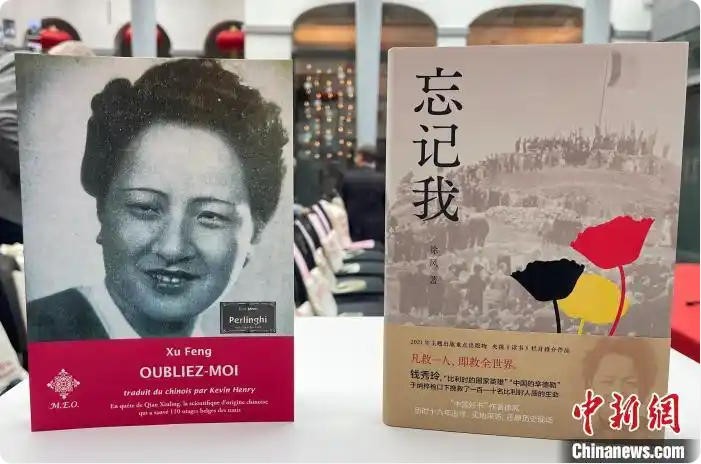
This year marks the 80th anniversary of the victory in the Chinese People’s War of Resistance Against Japanese Aggression and the World Anti-Fascist War. Why is it essential to recognize the historical contributions of overseas Chinese in Europe when commemorating this victory?
Despite facing difficult living conditions, overseas Chinese in Europe not only resolutely supported China’s resistance against Japanese aggression but also actively participated in the European anti-fascist activities, defending justice with blood and lives demonstrates the resilience and responsibility of the Chinese nation, serving as a bond connecting the anti-fascist forces between East and West. Their contributions and sacrifices were an integral part of the global anti-fascist war and deserve our eternal remembrance.
Furthermore, Europe took the lead in uniting overseas Chinese across continents to resist Japanese aggression, setting an example for overseas Chinese communities worldwide to unite resistance against Japanese aggression. Their resistance also deepened European understanding of China’s war against Japan, laying the groundwork for eliminating discrimination against overseas Chinese and elevating their status after the war. Looking back on their experiences, we perceive not only the ruthlessness of war and their tenacious resistance, but also the radiant light of justice that transcends race and culture. Their efforts to uphold peace and justice offer profound insights for today’s global endeavors toward human peace and development.
If you like this article, why not read: How Do Chinese and Western “Cosmologies” Collide and Learn from Each Other?

